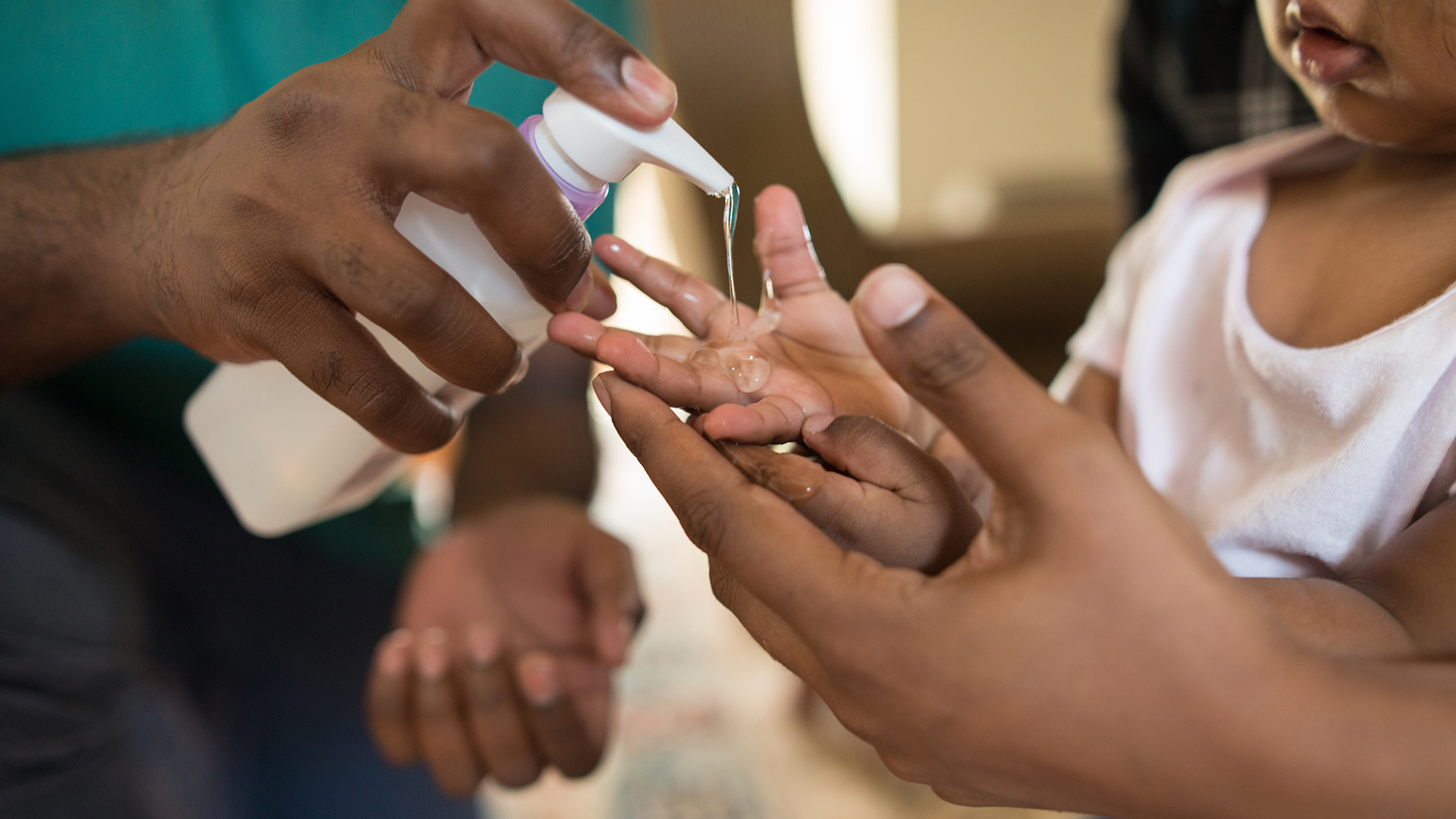Principal Investigator
Funder
Operational Time Range
Description
This project is part of the Partnerships for Enhanced Engagement in Research (PEER)
Promoting hand hygiene through use of locally-produced alcohol based handrub in health facilities in Wakiso District-Uganda

Summary of the project:
The PEER alcohol hand rub project is implemented by Makerere University School of Public Health in collaboration with co-investigators from the Center for Global Safe Water, Sanitation and Hygiene, Emory University, USA. The project seeks to promote hand hygiene through use of locally-produced alcohol based handrub in health facilities in Wakiso District-Uganda.
Water, sanitation, and hygiene (WASH) services in health care services (HCFs) are essential to ensure quality healthcare and to facilitate infection prevention, and control practices. WASH services are important for responding to outbreaks and preventing healthcare-associated infections (HAIs) and, therefore, critical to global health security. Effective infection prevention and control (IPC) measures prevent endemic and epidemic HAIs as well as containment of antimicrobial resistance (AMR). In particular, hand hygiene is recognized as the single most important practice to reduce transmission of infectious and AMR organisms both in HCF settings, as well as in community settings such as, households, schools, and daycare centers. The World health organization (WHO) highlights the need to support countries in the development and strengthening of hand hygiene and broader IPC. Though the importance of hand hygiene is well documented and recognized, evidence shows health care worker’s compliance is suboptimal in many settings, with many washing their hands less often than recommended and using inadequate techniques. Limited access to hand washing facilities such as water and soap is one of the common barriers to hand washing in resource limited settings. Alcohol-based hand rub sanitizer therefore offers a promising alternative where hand washing facilities are insufficient and is recommended by WHO, more especially in this era of COVID-19 pandemic. However, in low income settings like Uganda, sustainability of purchasing already made alcohol-based hand rub is poor and local production and use of in health care facilities also limited.
The PEER Alcohol hand rub project therefore seeks to:
- Develop an intervention to foster hand hygiene compliance using locally-produced alcohol hand rub in selected health care facilities of Wakiso district.
- Pilot the intervention and evaluate acceptability and feasibility
- Assess the cost of fostering hand hygiene through use of locally-produced alcohol-based hand rub in selected health care facilities of Wakiso district.

